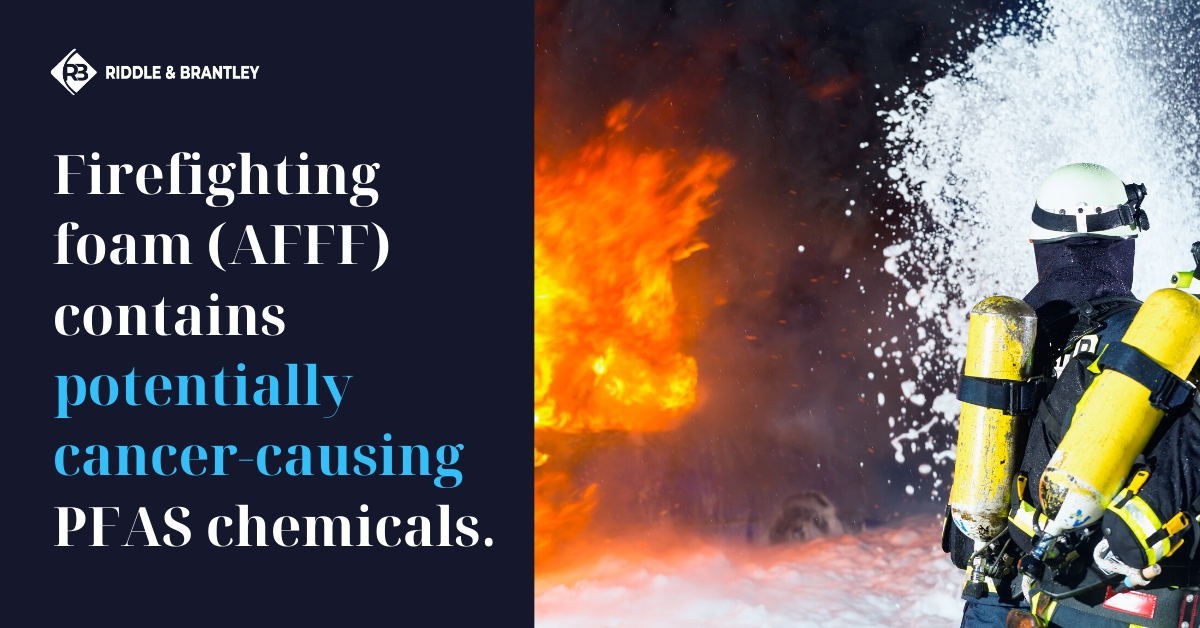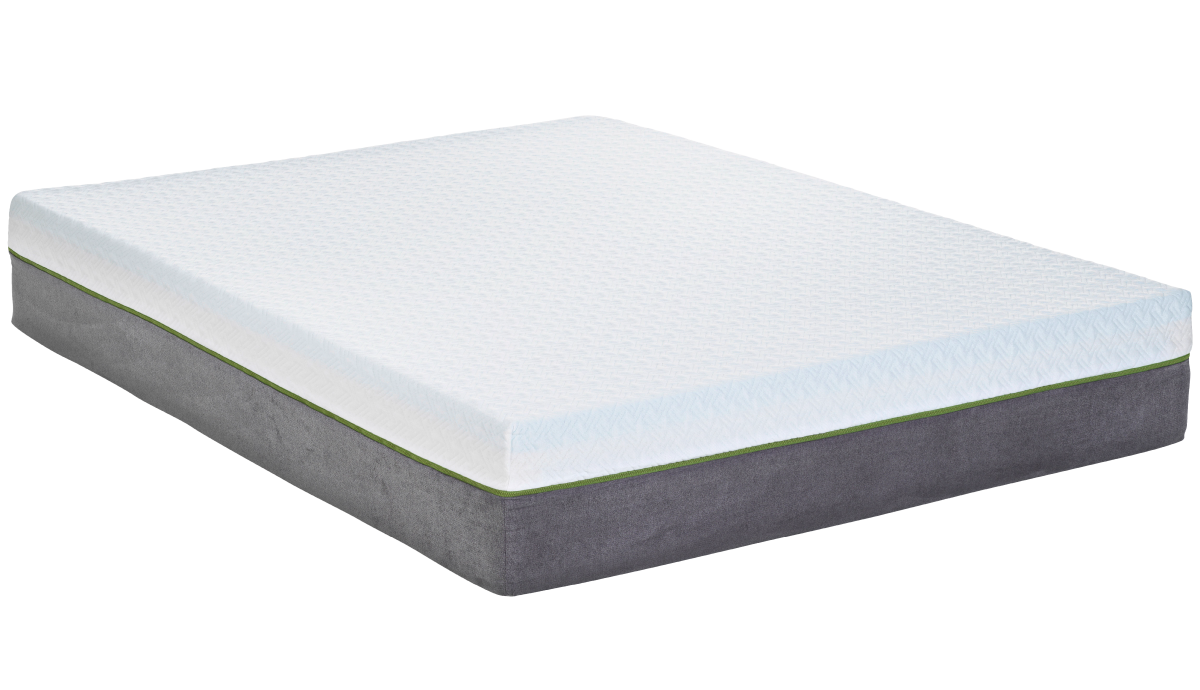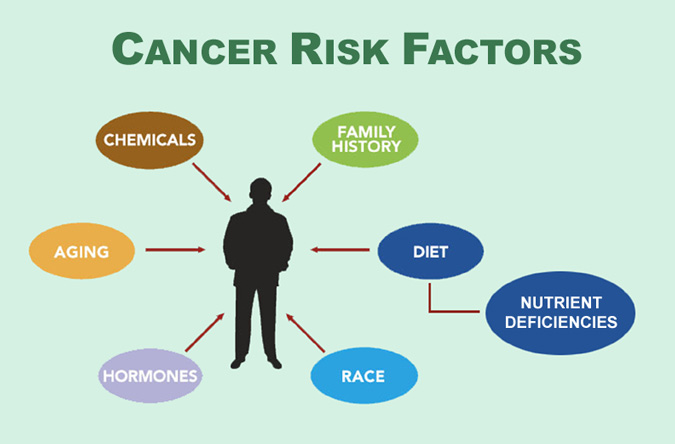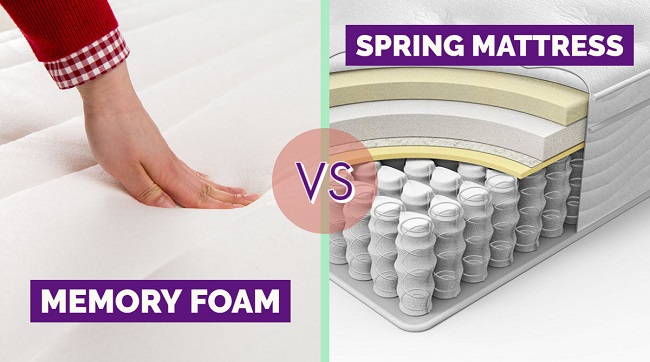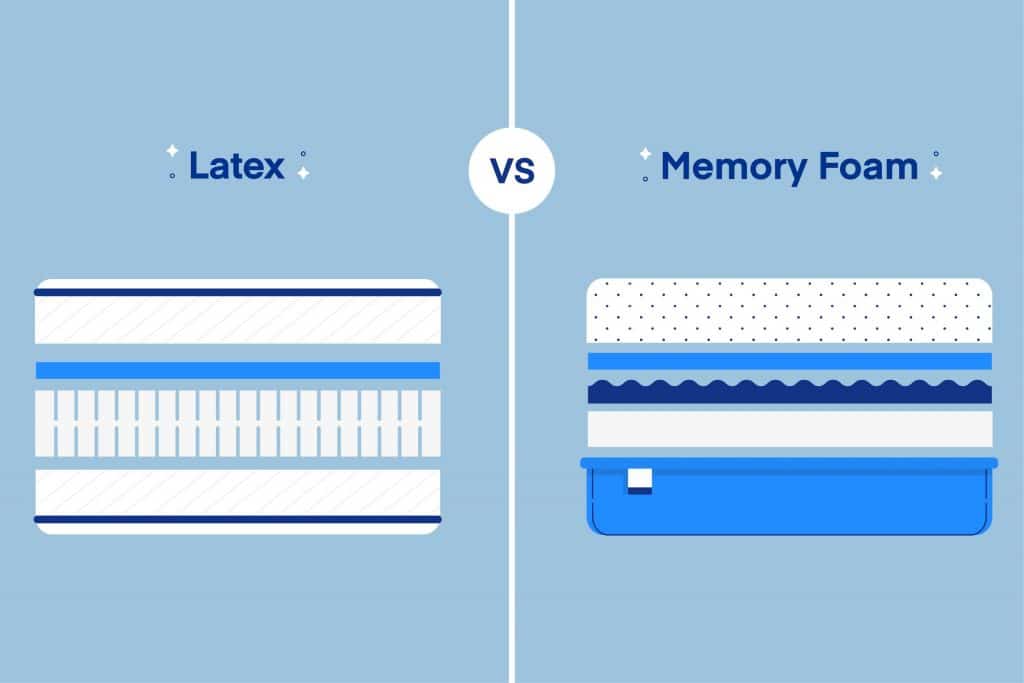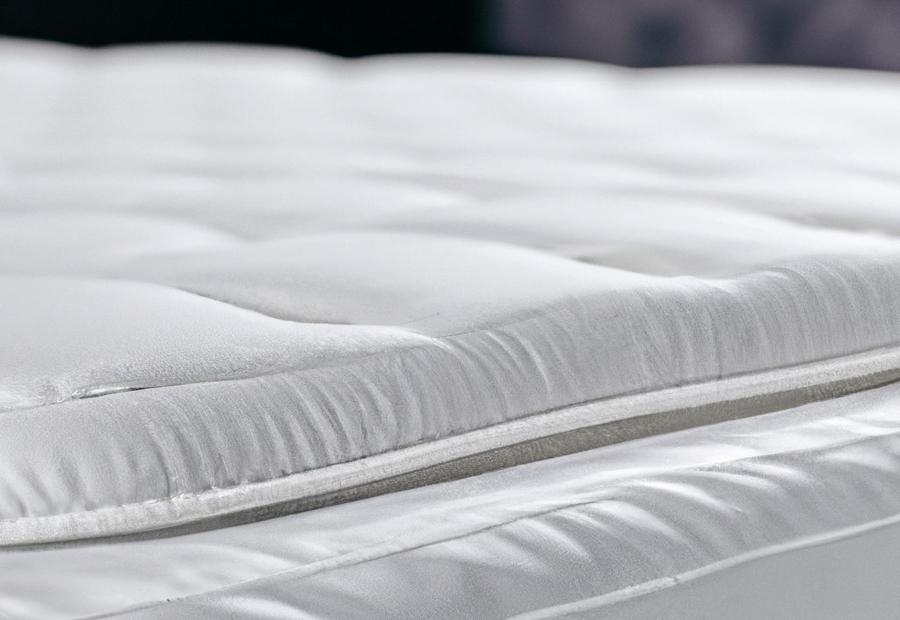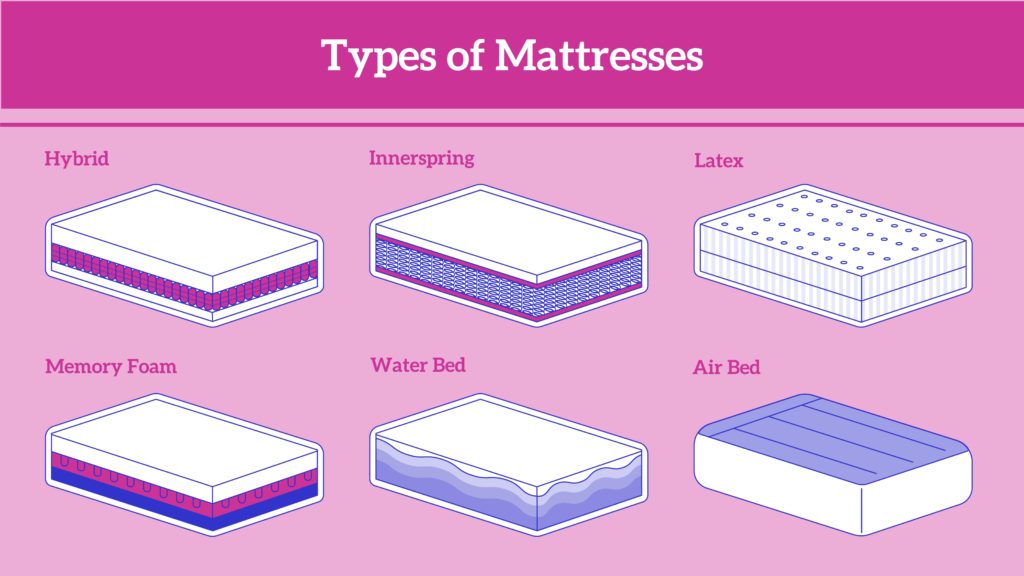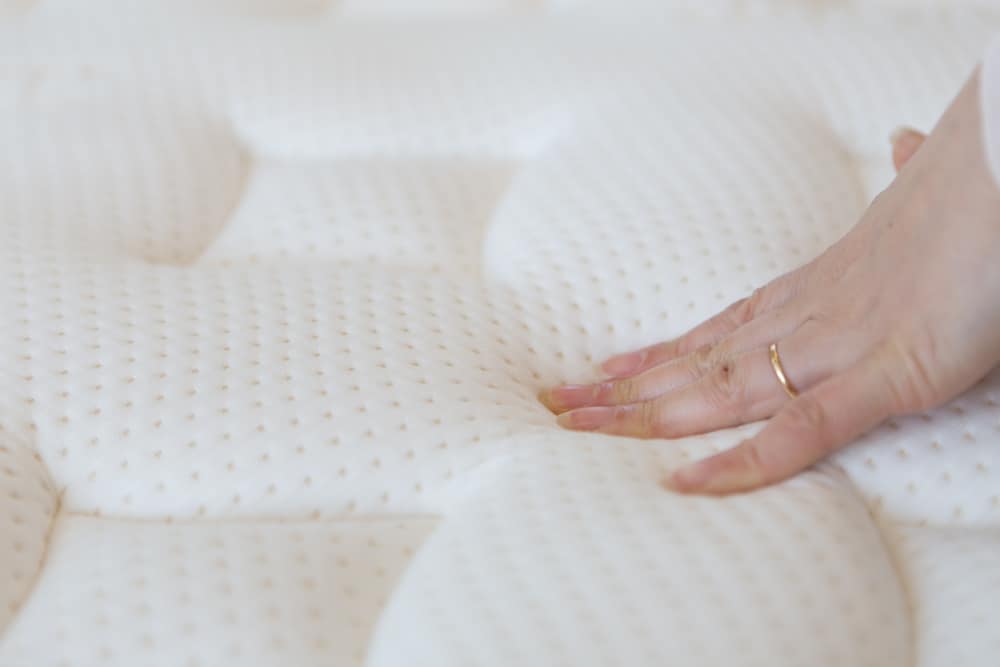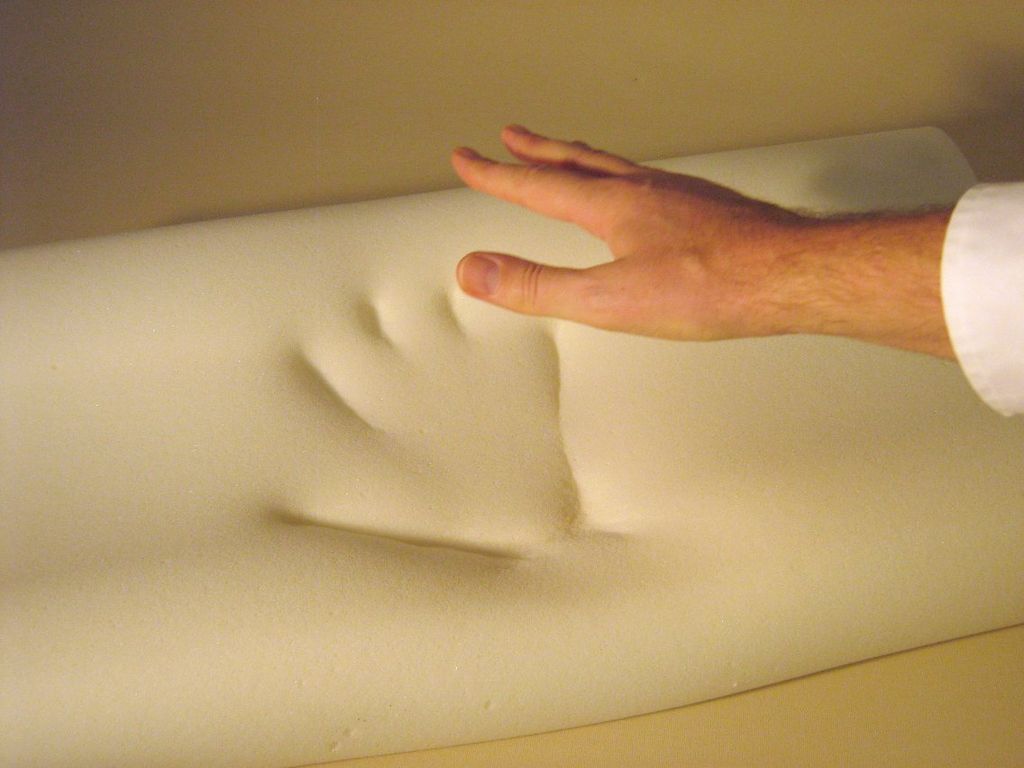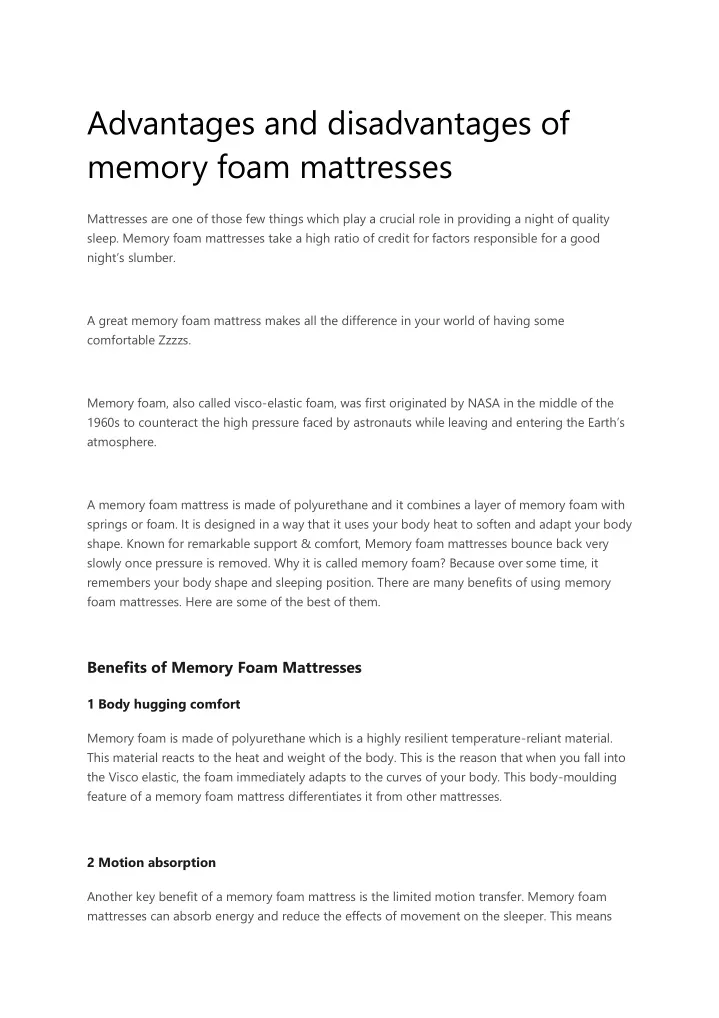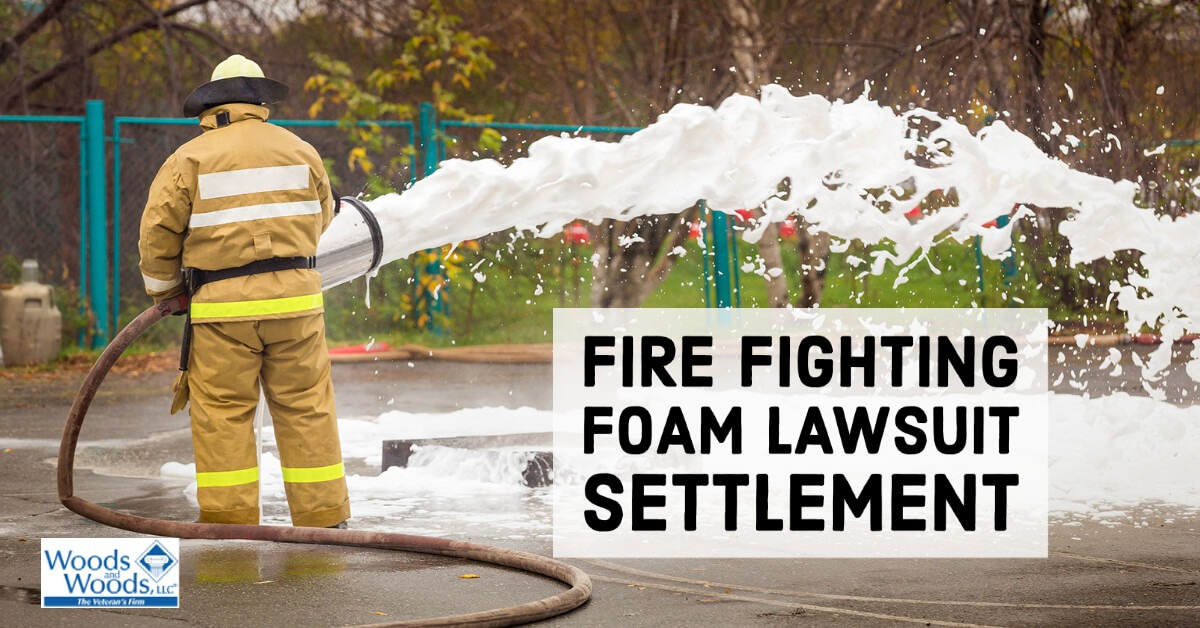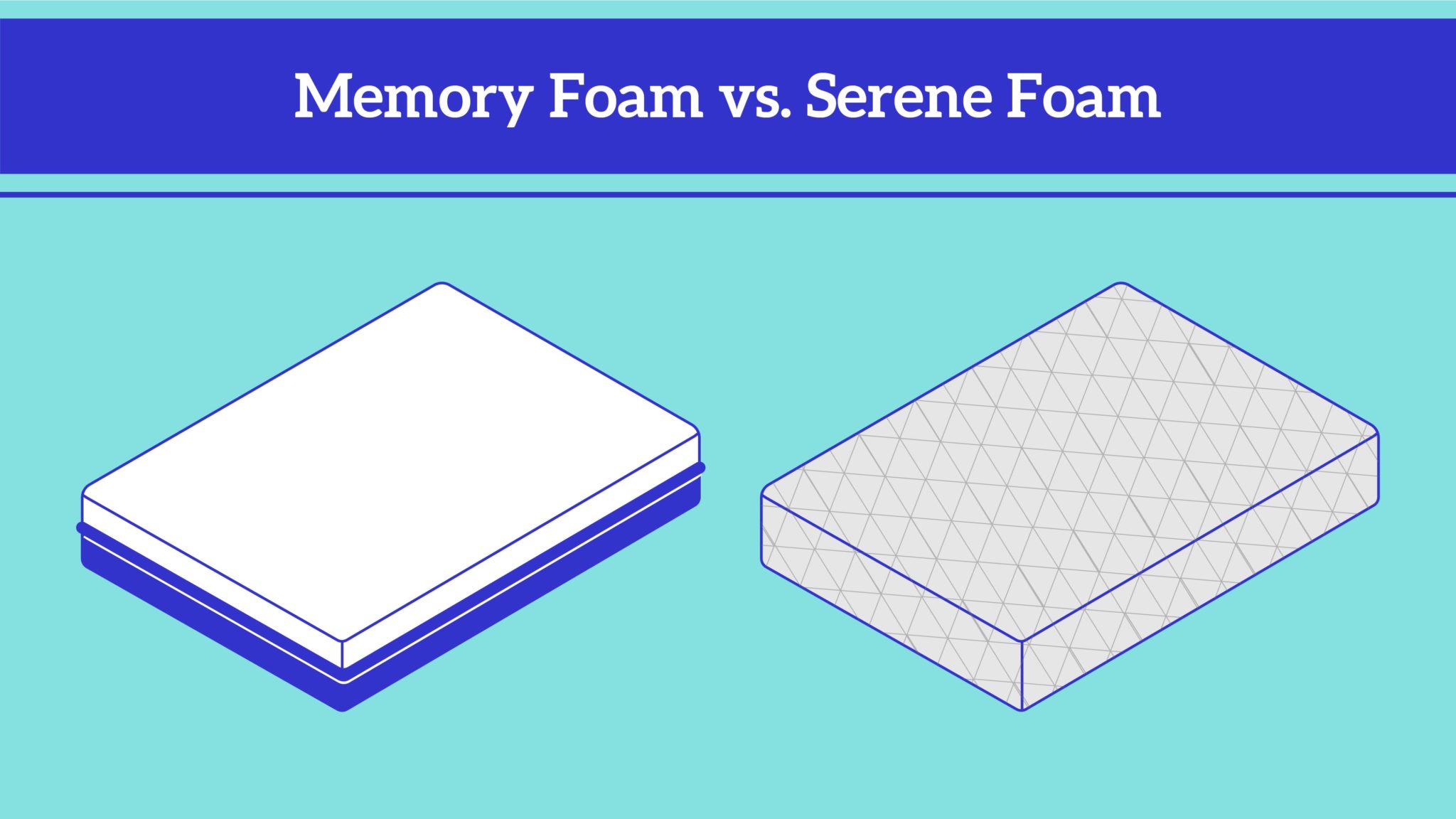Memory foam mattresses have gained popularity in recent years for their ability to provide comfortable and supportive sleep. However, there have been concerns about whether these mattresses can cause cancer. In this article, we will explore the truth behind this claim and provide you with the necessary information to make an informed decision about your mattress choices. Memory Foam Mattresses and Cancer: What You Need to Know
There have been rumors circulating that memory foam mattresses contain harmful chemicals that can increase the risk of cancer. These claims are often based on the chemicals used in the manufacturing process of memory foam, such as formaldehyde and flame retardants. However, the truth is that these chemicals are used in very small amounts and are tightly regulated by government agencies. The Truth About Memory Foam and Cancer Risk
The short answer is no. Memory foam mattresses are not known to cause cancer. The chemicals used in the manufacturing process are carefully monitored and are not present in high enough levels to pose a significant health risk. Additionally, there is no conclusive evidence to suggest that memory foam mattresses have any link to cancer. Can Memory Foam Cause Cancer?
One of the main concerns regarding memory foam mattresses and cancer is the presence of volatile organic compounds (VOCs). These are chemicals that can be released from certain materials, including memory foam, and have been linked to various health issues. However, the levels of VOCs in memory foam mattresses are considered safe and are well below the recommended limits set by health and safety organizations. The Link Between Memory Foam Mattresses and Cancer
Despite the lack of evidence, the myth that memory foam mattresses can cause cancer continues to persist. This is often due to misinformation and fear-mongering tactics used by those looking to discredit memory foam mattresses. It is essential to do your own research and rely on credible sources when making decisions about your health and well-being. Debunking the Myth: Memory Foam Mattresses and Cancer
When purchasing a memory foam mattress, it is crucial to ensure that it meets safety standards and regulations. Look for certifications from reputable organizations, such as CertiPUR-US or Greenguard Gold, which test for harmful chemicals and emissions. These certifications provide peace of mind that your mattress is safe for use. Understanding the Safety of Memory Foam Mattresses
While memory foam mattresses are generally considered safe, there are some potential health risks to be aware of. Some people may experience off-gassing, a temporary smell that occurs when the mattress is first unpacked. This is due to the release of VOCs and can be minimized by airing out the mattress for a few days before use. Exploring the Potential Health Risks of Memory Foam Mattresses
It is essential to understand that there is no scientific evidence to support the claim that memory foam mattresses can cause cancer. The chemicals used in the manufacturing process are regulated and present in minimal amounts. As with any product, it is crucial to use memory foam mattresses as directed and ensure that they meet safety standards. The Facts About Memory Foam and Cancer
If you have concerns about the safety of memory foam mattresses, it is best to consult with your doctor. They can provide you with personalized advice based on your health and medical history. It is also important to read reviews and choose a reputable brand when purchasing a memory foam mattress. Addressing Concerns: Memory Foam Mattresses and Cancer
There have been several studies conducted on the safety of memory foam mattresses, and none have found a link between them and cancer. In fact, many studies have shown that memory foam mattresses can provide health benefits, such as improved sleep and reduced pain and discomfort. In conclusion, memory foam mattresses do not cause cancer. While there may be some potential health risks, these are minimal and can be mitigated by choosing a high-quality, certified mattress. It is always important to do your own research and consult with a healthcare professional when making decisions about your health and well-being. What the Research Says About Memory Foam and Cancer
The Truth About Memory Foam Mattresses and Cancer Risk

Memory foam mattresses have gained popularity in recent years for their comfort and support, but there have been concerns about potential health risks associated with these mattresses. One of the most common concerns is whether memory foam mattresses can cause cancer . Let's dive into the science behind this question and separate fact from fiction.
The Main Controversy

The main controversy surrounding memory foam mattresses and cancer risk stems from the chemicals used in the production of memory foam. These chemicals, known as volatile organic compounds (VOCs), can off-gas or release into the air over time. Some studies have linked exposure to certain VOCs to an increased risk of cancer and other health issues.
The Role of Formaldehyde

One specific VOC that has raised concerns is formaldehyde. This chemical is commonly used in the production of memory foam and has been classified as a known carcinogen by the International Agency for Research on Cancer. Formaldehyde can off-gas from memory foam mattresses and may be inhaled or absorbed through the skin, potentially increasing cancer risk.
Understanding Exposure Levels

While the potential risks of formaldehyde exposure are concerning, it's important to understand that the levels of this chemical in memory foam mattresses are relatively low. In fact, most memory foam mattresses on the market today are certified by third-party organizations to ensure they meet strict emissions standards for formaldehyde and other harmful chemicals. This means that the amount of formaldehyde released from these mattresses is well below the levels that could pose a significant health risk.
Other Factors to Consider
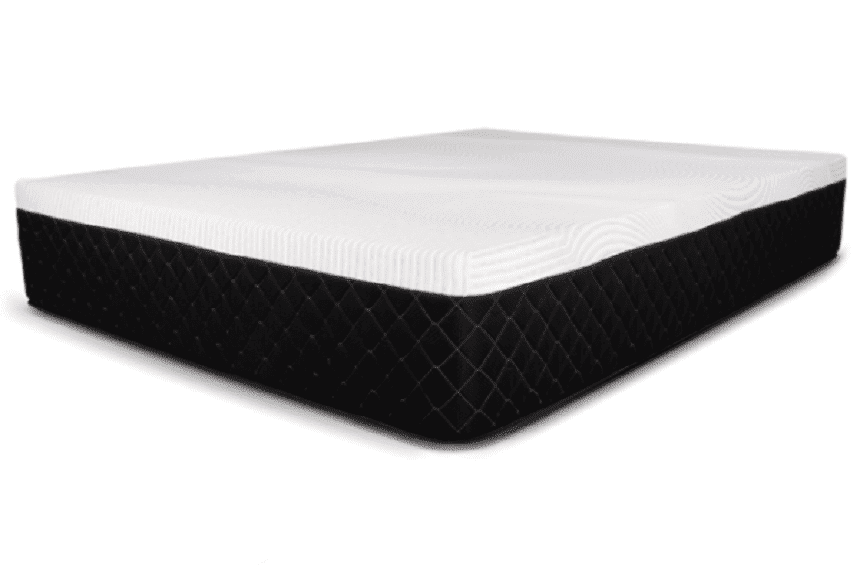
It's also worth noting that there are many other sources of formaldehyde in our daily lives, such as cleaning products, cosmetics, and even some types of wood. The amount of formaldehyde off-gassed from memory foam mattresses is typically much lower than these other sources. Additionally, the risk of cancer from formaldehyde exposure is highly dependent on the level and duration of exposure. The occasional use of a memory foam mattress is unlikely to significantly increase cancer risk.
The Bottom Line

While the debate about whether memory foam mattresses can cause cancer continues, the evidence suggests that the risk is minimal. As with any product, it's important to choose a reputable brand that has been certified by third-party organizations to ensure low emissions of harmful chemicals. With proper ventilation and regular airing out of the mattress, the potential health risks of memory foam mattresses can be further minimized. Ultimately, the decision to use a memory foam mattress should be based on personal preference and comfort rather than unfounded health concerns.














